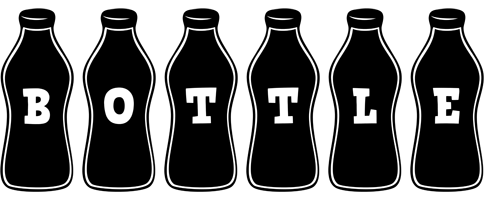Eligibility criteria are the set of requirements that borrowers must meet to qualify for a loan. Lenders use these criteria to assess applicants' creditworthiness, financial stability, and ability to repay the loan. Understanding the eligibility criteria is crucial for prospective borrowers to determine their likelihood of loan approval and prepare their application accordingly. Here are some common eligibility criteria for loans:
### 1. Credit Score
A credit score is a numerical representation of an individual's creditworthiness, based on their credit history and repayment behavior. Lenders use credit scores to evaluate the risk of lending to an applicant. While specific credit score requirements vary depending on the lender and loan type, a higher credit score generally improves the chances of loan approval and may qualify the borrower for better interest rates and terms.
### 2. Income and Employment
Lenders assess borrowers' income levels and employment status to determine their ability to repay the loan. Stable employment and a steady income demonstrate financial stability and increase the likelihood of loan approval. Applicants may be required to provide proof of income, such as pay stubs, tax returns, or employment verification documents, to support their loan application.
### 3. Debt-to-Income Ratio
The debt-to-income (DTI) ratio compares an individual's monthly debt payments to their gross monthly income. Lenders use this ratio to assess the borrower's capacity to take on additional debt responsibly. A lower DTI ratio indicates that the borrower has more disposable income available to cover loan payments, making them a lower credit risk. Lenders typically prefer borrowers with DTI ratios below a certain threshold, although specific requirements vary.
### 4. Collateral and Assets
Secured loans, such as mortgages and auto loans, require collateral to secure the loan. Collateral serves as protection for the lender in case the borrower defaults on the loan. Lenders may evaluate the value and condition of the collateral offered by the borrower to determine loan eligibility. Additionally, borrowers may be required to provide information about their assets, such as savings accounts, investments, or real estate properties, to demonstrate financial stability and repayment capacity.
### 5. Credit History and Payment Record
Lenders review applicants' credit reports and payment history to assess their creditworthiness and borrowing behavior. A positive credit history, characterized by timely payments, low credit utilization, and a limited number of derogatory marks, enhances the likelihood of loan approval. Conversely, a history of late payments, defaults, or bankruptcy may negatively impact loan eligibility and result in higher interest rates or stricter terms.
### 6. Citizenship and Residency
Some lenders may require borrowers to be citizens or legal residents of the country where the loan is being offered. Additionally, residency requirements may vary depending on the lender's policies and the type of loan. Borrowers may need to provide proof of citizenship or residency status as part of the loan application process.
### Conclusion
Eligibility criteria serve as benchmarks for lenders to evaluate applicants' suitability for loans and mitigate lending risks. Prospective borrowers should familiarize themselves with the specific eligibility requirements of the loans they are seeking and take steps to strengthen their eligibility, such as improving their credit score, maintaining stable employment, and managing debt responsibly. By meeting the eligibility criteria and presenting a strong loan application, borrowers can increase their chances of loan approval and secure financing that meets their needs.


0 Comments